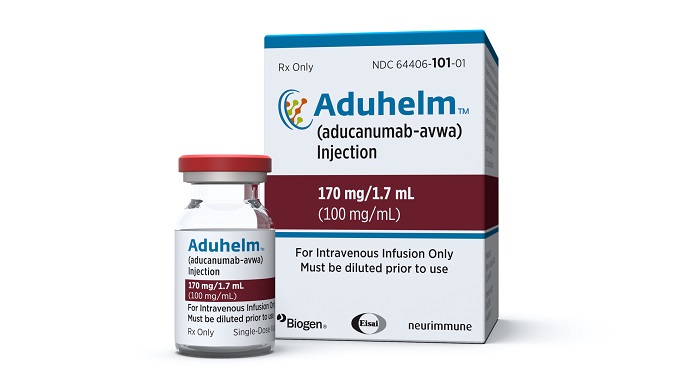
The Centers for Medicare and Medicaid Services has decided on Thursday to only cover Biogen’s controversial Alzheimer’s drug Aduhelm for patients enrolled in randomized clinical trials.
As the decision goes into effect immediately, patients who want to receive Medicare-covered Aduhelm will need to go through a controlled clinical trial that will have to be conducted either through FDA or the National Institutes of Health (NIH).
According to Tamara Syrek Jensen, the head of the coverage and analysis group within the CMS’ Office of Clinical Standards and Quality, what they’re really looking is for real-world data to ensure that every patient has the same benefits.
After FDA has issued in June a conditional approval with the requirement that further trials show it’s safe and it slows cognitive decline, Aduhelm became the first Alzheimer’s drug to win approval in about 20 years.
Claiming that CMS’ decision functionally overrides the FDA’s approval of the drug, critics and patient advocacy groups argue that Medicare’s limited coverage of Aduhelm would effectively prevent most eligible patients from receiving the drug because of the strict clinical trial requirements.
That has spurred an intense advocacy push from excited Alzheimer’s patient groups, but also certain resistance within the medical community over the serious side effects, the unproven clinical benefits and the breathtaking $28,000 annual price tag.
That has made Aduhelm a subject of an intense lobbying battle as well as congressional debates over the FDA’s accelerated approval process.
That’s why the CMS has also updated its stance on future Alzheimer’s drugs that also target the amyloid proteins thought to cause the disease, saying that patients would not need to be in a randomized, controlled trial should those drugs go through a traditional approval process instead of the accelerated one.
Instead of being in a trial, patients could be in a patient registry which tracks how they fare when they receive the drug and unlike the randomized trial, it doesn’t require any patient to receive a placebo.

Be the first to comment